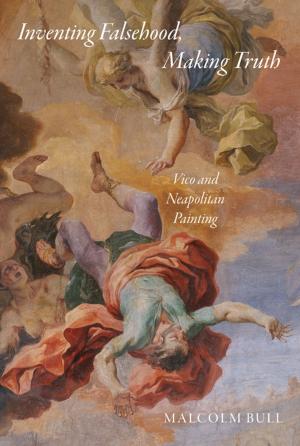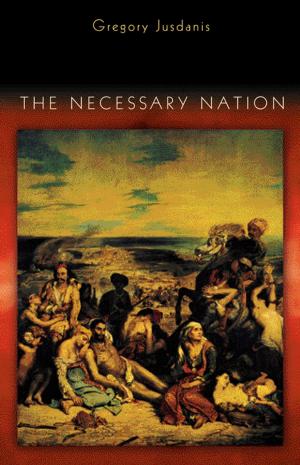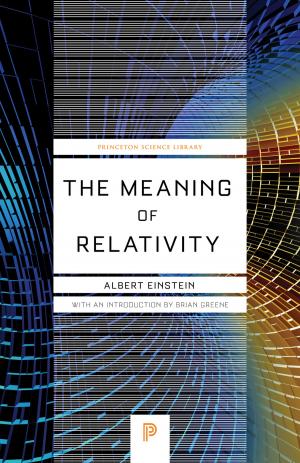Nietzsche's Great Politics
Nonfiction, Social & Cultural Studies, Political Science, Politics, History & Theory, International| Author: | Hugo Drochon | ISBN: | 9781400881031 |
| Publisher: | Princeton University Press | Publication: | June 21, 2016 |
| Imprint: | Princeton University Press | Language: | English |
| Author: | Hugo Drochon |
| ISBN: | 9781400881031 |
| Publisher: | Princeton University Press |
| Publication: | June 21, 2016 |
| Imprint: | Princeton University Press |
| Language: | English |
Nietzsche's impact on the world of culture, philosophy, and the arts is uncontested, but his political thought remains mired in controversy. By placing Nietzsche back in his late-nineteenth-century German context, Nietzsche's Great Politics moves away from the disputes surrounding Nietzsche's appropriation by the Nazis and challenges the use of the philosopher in postmodern democratic thought. Rather than starting with contemporary democratic theory or continental philosophy, Hugo Drochon argues that Nietzsche's political ideas must first be understood in light of Bismarck's policies, in particular his "Great Politics," which transformed the international politics of the late nineteenth century.
Nietzsche's Great Politics shows how Nietzsche made Bismarck's notion his own, enabling him to offer a vision of a unified European political order that was to serve as a counterbalance to both Britain and Russia. This order was to be led by a "good European" cultural elite whose goal would be to encourage the rebirth of Greek high culture. In relocating Nietzsche's politics to their own time, the book offers not only a novel reading of the philosopher but also a more accurate picture of why his political thought remains so relevant today.
Nietzsche's impact on the world of culture, philosophy, and the arts is uncontested, but his political thought remains mired in controversy. By placing Nietzsche back in his late-nineteenth-century German context, Nietzsche's Great Politics moves away from the disputes surrounding Nietzsche's appropriation by the Nazis and challenges the use of the philosopher in postmodern democratic thought. Rather than starting with contemporary democratic theory or continental philosophy, Hugo Drochon argues that Nietzsche's political ideas must first be understood in light of Bismarck's policies, in particular his "Great Politics," which transformed the international politics of the late nineteenth century.
Nietzsche's Great Politics shows how Nietzsche made Bismarck's notion his own, enabling him to offer a vision of a unified European political order that was to serve as a counterbalance to both Britain and Russia. This order was to be led by a "good European" cultural elite whose goal would be to encourage the rebirth of Greek high culture. In relocating Nietzsche's politics to their own time, the book offers not only a novel reading of the philosopher but also a more accurate picture of why his political thought remains so relevant today.















